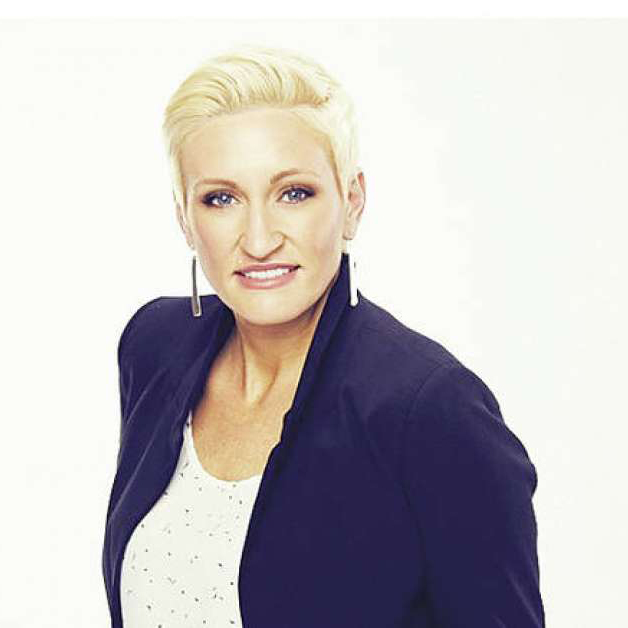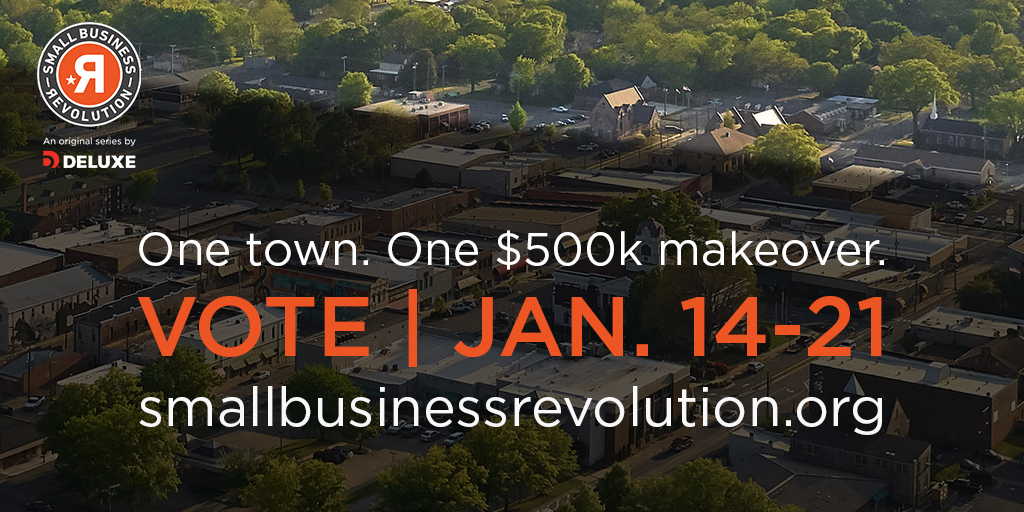by Amanda Brinkman, Chief Brand Officer at Deluxe + Creator
Many brands have traditionally focused on one objective and one objective alone: driving revenue. But with today’s more conscientious consumers, brands are being forced to consider their broader social impact in order to stay competitive. Research from Kantar’s 2020 Media Report reveals that 90 percent of consumers think brands should be involved in social issues, and they want to support brands they trust and believe in. With this in mind, every organization should ask how they’re making a positive impact on customers’ lives, and what their purpose is beyond just driving a profit. This philosophy of becoming a purpose-driven organization—which I believe will ultimately drive more business and improve a company’s bottom line—is something I like to call “doing well by doing good.”
In order to be a purpose-driven organization, every company should start by identifying its brand purpose—taking a hard look at what unique value it adds and why the brand exists. But when I think about truly being a purpose-driven organization, I mean moving beyond just having a brand purpose and taking what I call “brand action.”
Brand action isn’t a momentary thing, but sustained action that makes a meaningful difference in consumers’ lives. Take Warby Parker, for example. The eyewear company is committed not to just earning a profit but also donating a pair of glasses for every purchase through their “Buy a Pair, Give a Pair” program. This brand action is focused on alleviating the issue of impaired vision, all while continuing to expand Warby Parker’s business.
The key to success is taking authentic brand action—which can come to life in many different ways—that advocates for consumers and actively works to enhance their lives. Content creation, for example, is an extremely effective way to raise brand awareness and change perceptions. At Deluxe, we decided that, rather than marketing at small businesses, we would take action. Because we believe small business owners are the backbone of our economy, we created the Small Business Revolution, an acclaimed television series where we award a $500,000 revitalization to struggling small towns throughout the U.S.
Together with high-profile partners, such as Shark Tank’s Robert Herjavec and Trading Spaces’ Ty Pennington, we revitalize one community each season—spending time with business owners, helping them understand ways to improve their marketing, evolve their customer experience, and even renovate their spaces. Doing so has led to meaningful connections not just with Deluxe and each community but has also created deeper relationships within these communities. As a result, this authentic storytelling has given way to social responsibility.
At Deluxe, we didn’t set out to create a program that defined authentic brand action. We sought to shine a spotlight on the small businesses that make our country great and, in the process, found a purpose that has helped define our program. Now, when we share our company’s love for small businesses, it truly comes from a place of authenticity – we want small businesses to thrive; we want to share their stories; and we want to make sure we are investing in their success.
Creating the Small Business Revolution has ultimately led to a new brand perception and greater success for Deluxe, helping to drive news coverage, impressions, social media reach, and millions of episode views—all which stemmed from a place of authenticity.
Social responsibility is, among many things, acknowledging the imprint large corporations like Deluxe have on the fabric of society. If we were able to successfully create brand action at Deluxe, a 100-year-old, publicly traded company, so too can your organization. It just requires a paradigm shift and focusing on how your brand can make a difference in people’s lives.
Find an authentic way to tell the stories of your brand actions, be humble about it, and brand affinity will follow.

Amanda Brinkman
Creator, Producer, and Host
Small Business Revolution

